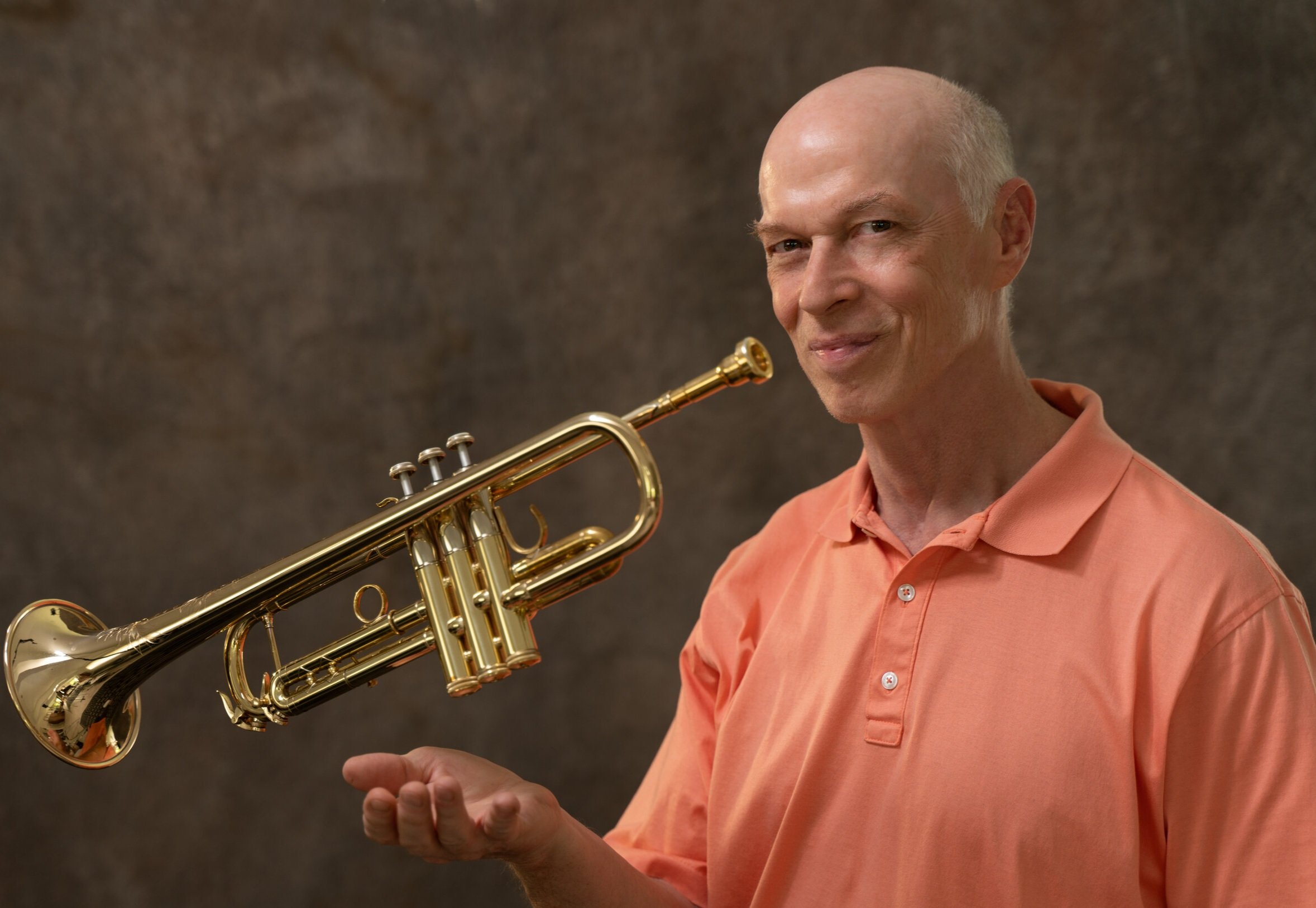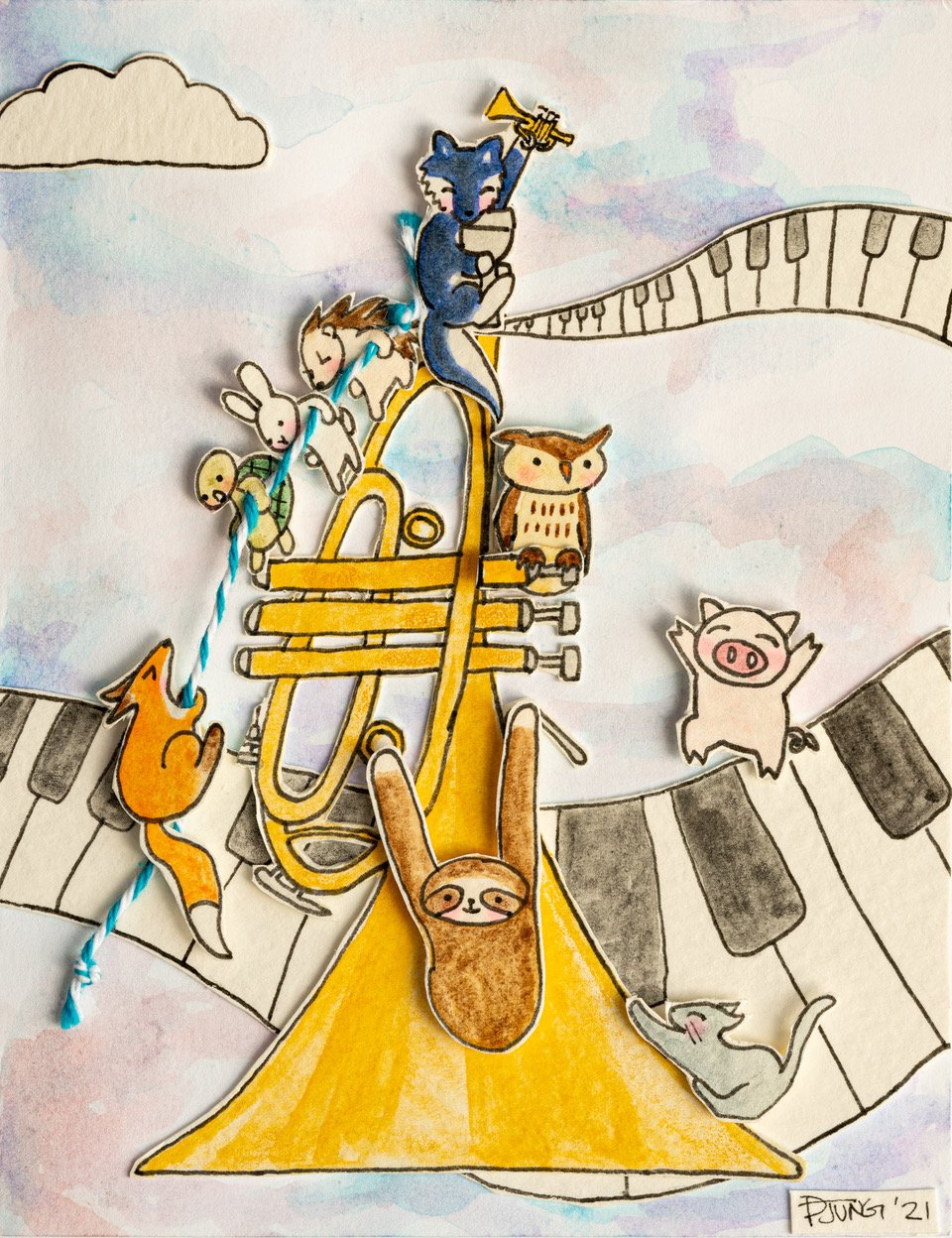
“The ultimate goal of developing excellent fundamentals is to allow for greater freedom to express the music that we imagine”

The great cornetist, teacher, and bandleader Herbert Clarke referred to the human body as the "The Great Machine." Clarke recognized that like a machine, there were many individual parts, each doing its own particular job, each working together in perfect coordination and timing to produce the desired result. That is an excellent concept. However, it is important to recognize that the body is not just a machine but an organic, living machine.
In a complex device (like the engine of a car) each part has to be properly manufactured, assembled, adjusted, maintained, and eventually replaced as necessary so the mechanism can continue to function well. When one part of a mechanism is not working properly the function of the whole machine is impaired, but when a single part is failing, the other parts cannot adjust themselves to compensate for the malfunctioning part.
Our body is a living machine and it differs from a mechanical machine in at least one very important respect: When one part is failing to do its job well, the other parts will automatically adapt. They will try to keep the machine going, no matter what. They will change the way they work in an attempt to compensate for the weakness in the struggling part and the whole machine then becomes unbalanced and begins to labor.
This is why developing excellent fundamental skills is absolutely vital for successful, enjoyable playing. Each part of the “machine” must be trained to do its specific job very well. Each part must take responsibility for its own job and refrain from trying to help another part or compensate for a weakness elsewhere.
This is very similar to how a great sports team functions. Around the Boston area the phrase "do your job" is very well known and it could be said that “Do your job!” is the motto of the New England Patriots. Similar to the way our body works, each player, at each position, in each play, has a particular job to do, and.... each player must avoid the temptation to abandon their individual responsibility in order to help someone else to do their job.
Fundamentals are the skills (not only physical but also mental, emotional and perceptual) that are essential to playing with ease, comfort and enjoyment. Each part must be developed, trained, refined, and strengthened to do its job so well that it can function with precision, automatically and independently, without conscious control and also... in perfect harmony with all the other parts.
The ultimate goal of developing excellent fundamentals is to allow for greater freedom to express the music that we imagine. Whatever time and energy we spend to develop and maintain our fundamental skills is an investment in greater freedom and joy in playing.

So what are these ‘Foundations’?

Expression
-
The soloist
You are the leader.
You are the conductor.
You are the storyteller.
You are the voice of the prophet.
-
The collaborator
You are in a flexible and intimate relationship with a few other musicians.
Sometimes you are carrying and leading and other times you are supporting and empowering.
-
The team
You are part of an army of dedicated musical soldiers, each one knowing his place in the ranks.
The “General” (conductor) provides the vision and each soldier contributes his energy to benefit the whole.